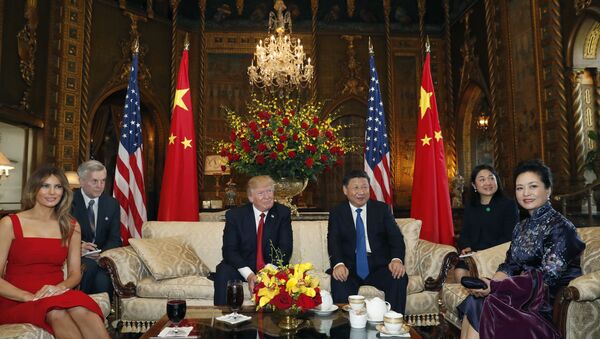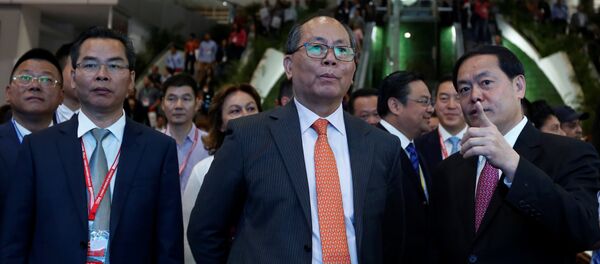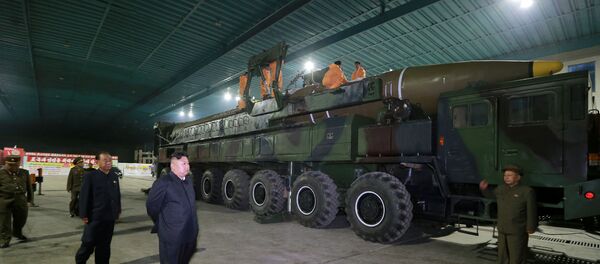But pundits claim that by shutting the door on Chinese capital and advanced Chinese technologies, the US risks losing its competitive edge in the years ahead.
Following three decades of meteoric development, China has gained a lot of know-how in terms of how to use resources and develop infrastructure, and it has also become a major player in the areas of telecommunications, mobile internet and AI.
Chinese technologies and investments increasingly mirror the current needs. That explains why legions of countries came to Beijing in May to sign up to the Belt and Road initiative, pinning high hopes on boosting their own growth by joining hands with China.
Pursuing protectionism by blocking other countries' investment and technologies is unwise and smacks of strategic short-sightedness. It is like locking oneself in a dark room — while wind and rain may be kept outside, so are light and fresh air.
As China is bringing its leading high-speed rail technology to countries including Indonesia, Thailand and Russia, infrastructure facilities and trade volume are expected to improve substantially as a result.
The advanced express railways, once completed, will greatly aid the local economies. Some estimate that the increasingly sophisticated high-speed rail network, connecting all of China's major cities with a population of five million and above, will ensure the addition of at least 1.6 percentage points to China's GDP in the coming 10 years. After all, speedy transportation has proved to be a vital aspect of economic expansion.
And in the realm of telecommunications, two of China's tech giants, ZTE and Huawei, are already creating global standards, forcing the once mighty US chip maker Qualcomm Inc and Finnish mobile network giant Nokia to cede ground.
Nevertheless, the conservatives in the US government are determined to scuttle investment from China, under the guise of protecting American national security and strategic interests. For many years, Huawei and ZTE's attempts to invest in the US have been blocked.
The Committee on Foreign Investment in the US (CFIUS), is an inter-agency committee of 16 federal agencies headed by the Treasury Department that reviews foreign investment in US companies. In 2005 it vetoed a bid by China's national oil company CNOOC to acquire California energy firm UNOCAL, on the grounds that it might compromise American national energy security.
The increasingly negative view of Chinese investment in the US has kept building. Recently, China Zhongwang Group's bid to acquire US aluminum maker Aleris has also met fierce resistance. The deal's opponents claim it would provide China with access to sensitive technologies that have both civilian and military uses. They also argue that Zhongwang could gain big US automakers and even Boeing as its clients, thus harming US "strategic interests."
The rationale for this US resistance is that China's rising global economic and financial clout makes any Chinese takeover of American firms a potential threat to US security.
Last month, the Pentagon raised concerns about China's possible investment in AI-based startup companies in Silicon Valley, suggesting that measures be adopted to prevent "advanced US algorithms" from being used to bolster China's military capability.
However, critics point out that although US tech companies including Google and Facebook are investing heavily in AI, Chinese tech giants like Tencent and Alibaba are frontrunners in AI research and development, too.
They assert that US corporations' dominance in global high-tech development has become a thing of the past. Those in Washington who stubbornly view China as a political adversary and not as an economic partner will find themselves very disappointed by what will unfold in China and other countries collaborating with it — in both technology innovation and economic upgrading.
After all, China is expected to see growth three times faster than that of the US in 2017 and in the coming years. Any effort to block China's investment and technology is not smart.
This article was originally published by Li Hong in The Global Times.





